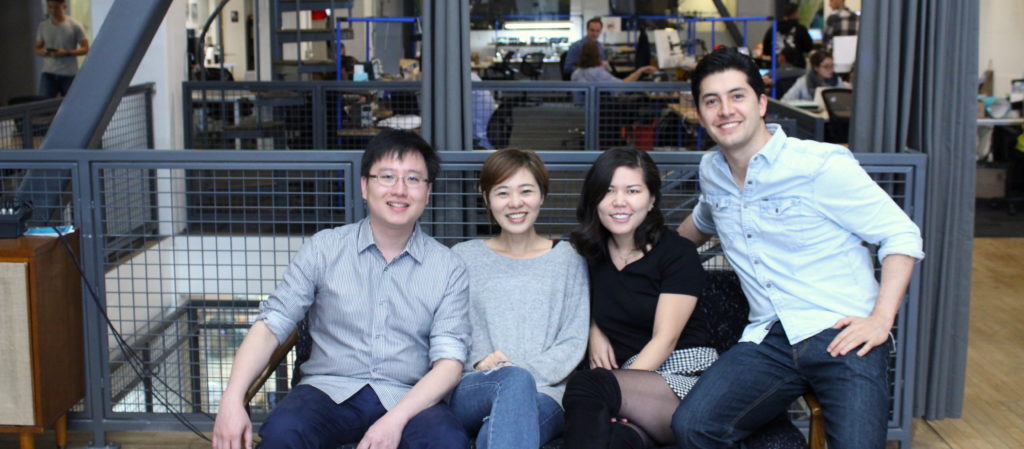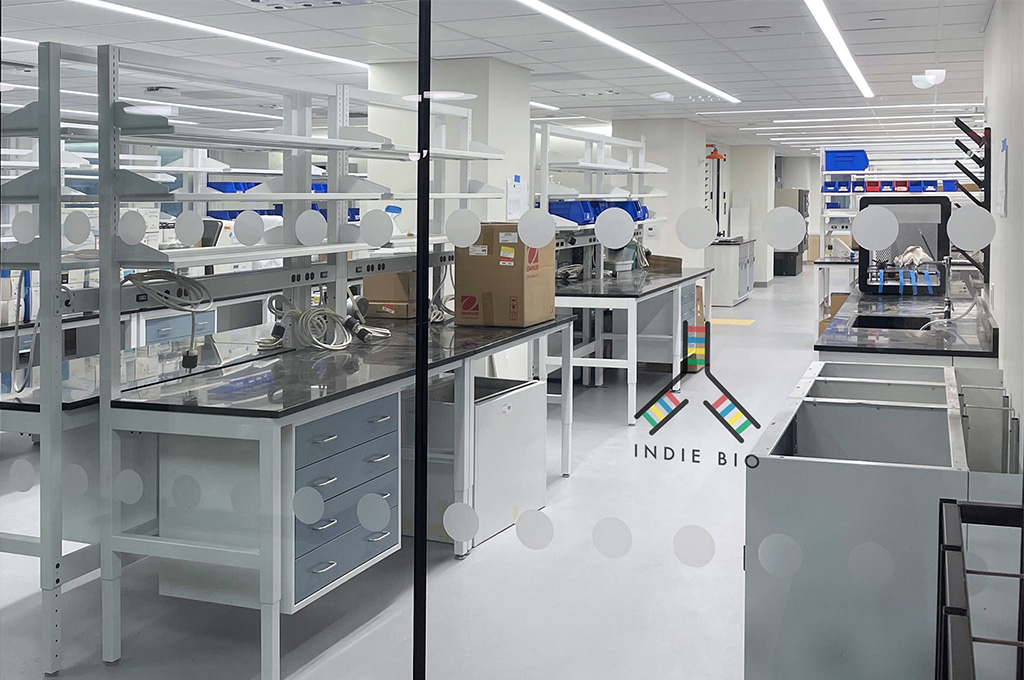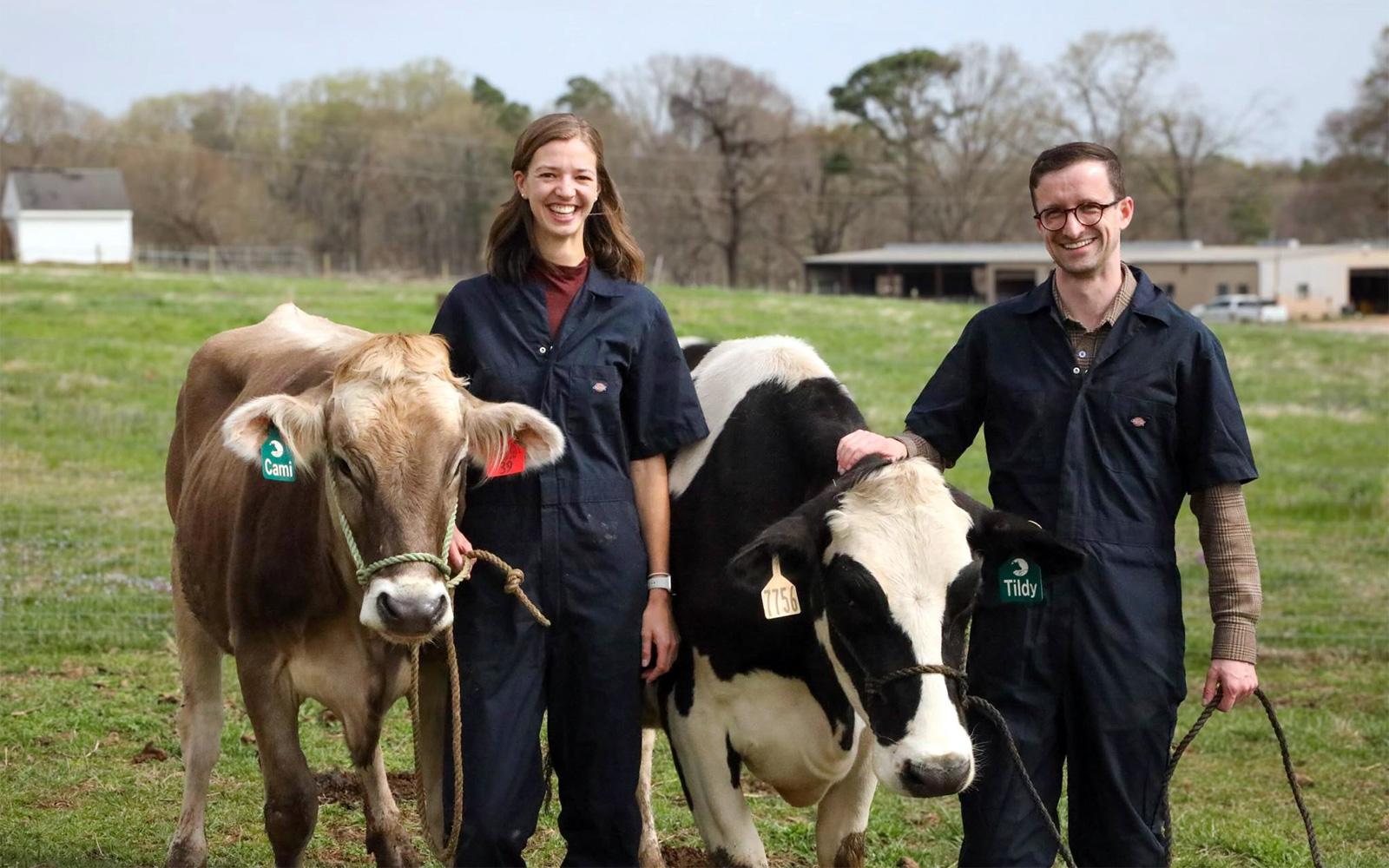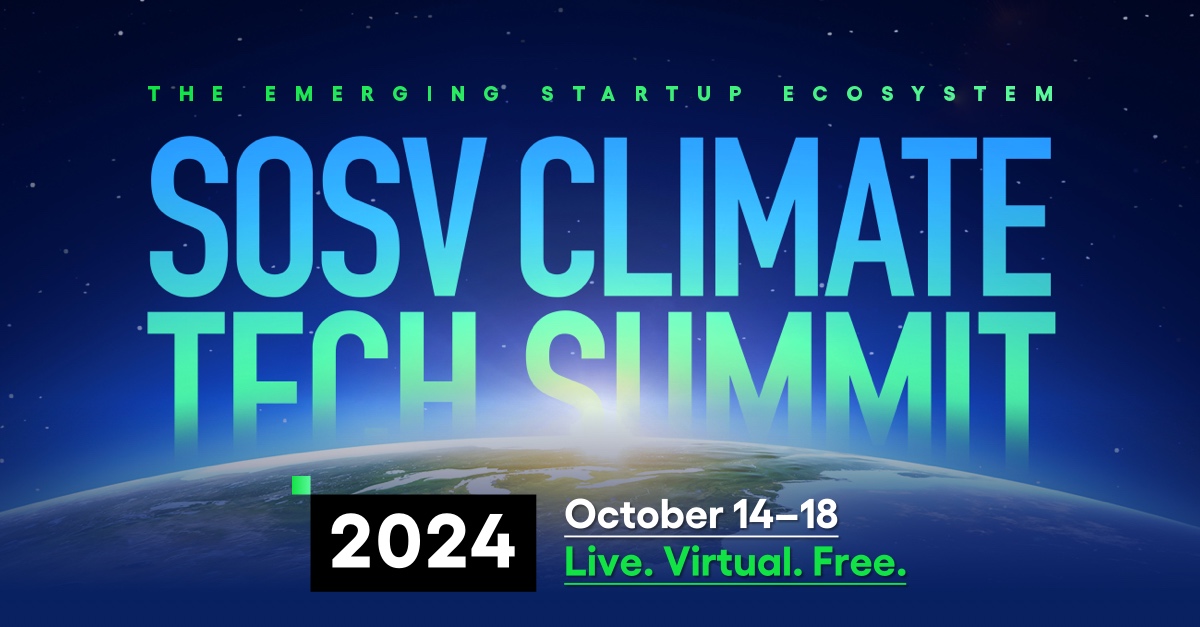
The successful treatment of cancer lies in early detection. If we can detect it as early as Phase 1 and 2, the outcomes for therapy are significantly better. Unfortunately, symptoms oftentimes will not present until Phase 3 and 4 which limits effectivity of therapeutic interventions. Clinicai is making a noninvasive monitor for colorectal cancer with a device that hooks on the side of your toilet. We asked Chun-Hao Huang, co-founder and CEO of Clinicai, about his journey as an entrepreneur.
How did you become interested in the early detection of colorectal cancer?
Chun-Hao: During my Ph.D. I built animal models mimicking human colon disease to find biomarkers and therapeutics. I was passionate about gastrointestinal biology and learned how to monitor mice’s poop every day, dissect the intestine and colon for pathology examination, and realized that, wow, the stool is actually very closely related to our gut system. I also realized that for colorectal cancer, if we can detect early, we can even use current treatments to cure this disease and every single patient would have the chance to survive.
I have now been working in cancer treatment for more than 10 years and have seen that the field puts a lot of effort into trying to develop new therapeutics. However, a lot of diseases, especially colorectal cancer, can be solved even right now if you detect it in time. But the early detection or preventative angles are not so appreciated by the field. So that’s why I started to focus on early detection because I believe the way to actually make cancer manageable today is by monitoring your body to capture the signals at the very outset so we can apply current therapies when they would be most effective.
How did you decide to start the company and how did your team come together?
Chun-Hao: I almost was a scientist for life, and I really wanted to make a big science discovery creating a way to solve cancers. When I was at the Lindau Nobel Laureate Meeting, I heard a lot of top scientists and Nobel laureates talking about the future of medicine and how to manage diseases like cancer. The meeting inspired me but I realized it is actually a very long process from research to benefiting humanity, and I started to wonder if there is a way we can speed up this process and bring biotechnology into our daily lives.
So I asked what is the best way we can accelerate scientific discovery and also bring biotech to our daily life? It’s very interesting to me that the device we use daily is a cell phone when biotech should be the technology we are using every day. I found the answer is to start a company because you can put a lot of resources into building a product actually related to daily life. I met my co-founders Medina Baitemirova, Juan Carlos Guáqueta, and Mr. Toilet Jack Sim at Singularity in NASA Ames, and later on our CTO Dr. Ya-Ju Lin. We all have different expertise, but we share the same vision that we want to detect disease like cancer early. We wanted to make the most comfortable diagnostic platform, which in the end ended up being a toilet. We want to make people actually enjoy health monitoring.
How does your technology work? What is that key insight?
Chun-Hao: It’s pretty interesting, when we started developing this technology we hoped to achieve three things. First thing, if we want to do the most comfortable monitoring and diagnostic at home, then the technology needs to be non-invasive where the user puts in the minimum effort to maximize regular monitoring. Second is digital information; we need to have a technology which can digitalize the substance we detected. Third, it needs to continuously gather the data. The most current methodology, like biomarkers or chemical methods, are not able to do that, so we started testing a bunch of different sensors. We started with a narrow range optical sensor and in the end, we find out that there is a large wavelength hyperspectral imaging originated from space technology that can help us to gather all the information from the stool.
That’s how we started using that technology to check stool samples and that’s how our technology derived. This is not just technology we can use in the lab, or in the hospital, we actually integrated that into a prototype device that will snap on a toilet. Everyone can attach that device at home, I even tried it myself. Then it can turn on when you sit on the toilet and then gather the data. I think these will be pretty powerful in the future, not only for cancer detection but also can help detect other preventable diseases.
What lessons did you learn transitioning from scientist to entrepreneur at IndieBio?
Chun-Hao: As a scientist, every day you go to a lab, you have the experiment you want to do, but some experiments could take a couple weeks or even longer. But when you are designing your experimental plans in a startup environment, like IndieBio, you need to think about how we can leverage different resources to make this process faster. That’s actually what I really like about this environment because you’re still doing the very cool science, but you have a way to speed it up. The other thing which is quite important is that here we’re thinking of how we can actually turn our technology into a real product and then benefit people’s lives. As a scientist in the lab, you try to solve problems, but you don’t usually think that this can actually work in our daily life.Since we joined IndieBio, we have started to talk to the FDA, we talked to insurance companies, we talked to doctors, and especially to the users. We are building things they really want and also doing cool science. This is what makes being a scientist-entrepreneur great.
How do you think your success as a company will change the diagnostics industry?
Chun-Hao: I used a proteomics approach when I was in college to identify biomarkers and in the past 10 years I didn’t see that many biomarkers come into the diagnostic field. I think it’s time that we need something new to disrupt this field. Before we always relied on one or two biomarkers, but at Clinicai we believe the key is to detect signatures or patterns of the disease.
That’s why at Clinicai we are trying to get signatures and patterns from your stool or urine samples and then we use the machine learning to understand those features. I think that that will change the way we think about diagnosing. The other strong advantage we have is to actually bring the diagnostic into our home. Before it’s been pretty difficult and we find our best niche at home where our bathroom and toilet have a lot of information every day. We hope in the future everyone can really enjoy health monitoring and can live longer and healthier.
What milestones are you aiming to hit in the near future?
Chun-Hao: I want to thank IndieBio because we actually met our milestones here. We’ve built our first prototype, which we never thought about that before. The milestone for next year is to improve our prototype and then work with hospitals to install the device in hospital toilets or in patients’ toilets at home to monitor their stool signals for colorectal cancer detection. After that, we plan to go through the FDA path and we are pretty positive about that. After that, we hope our device will be in everyone’s home for future health monitoring and diagnosis.
Watch Clinicai pitch on IndieBio Demo Day, Tuesday Nov. 6th in San Francisco or via LiveStream. Register here!



